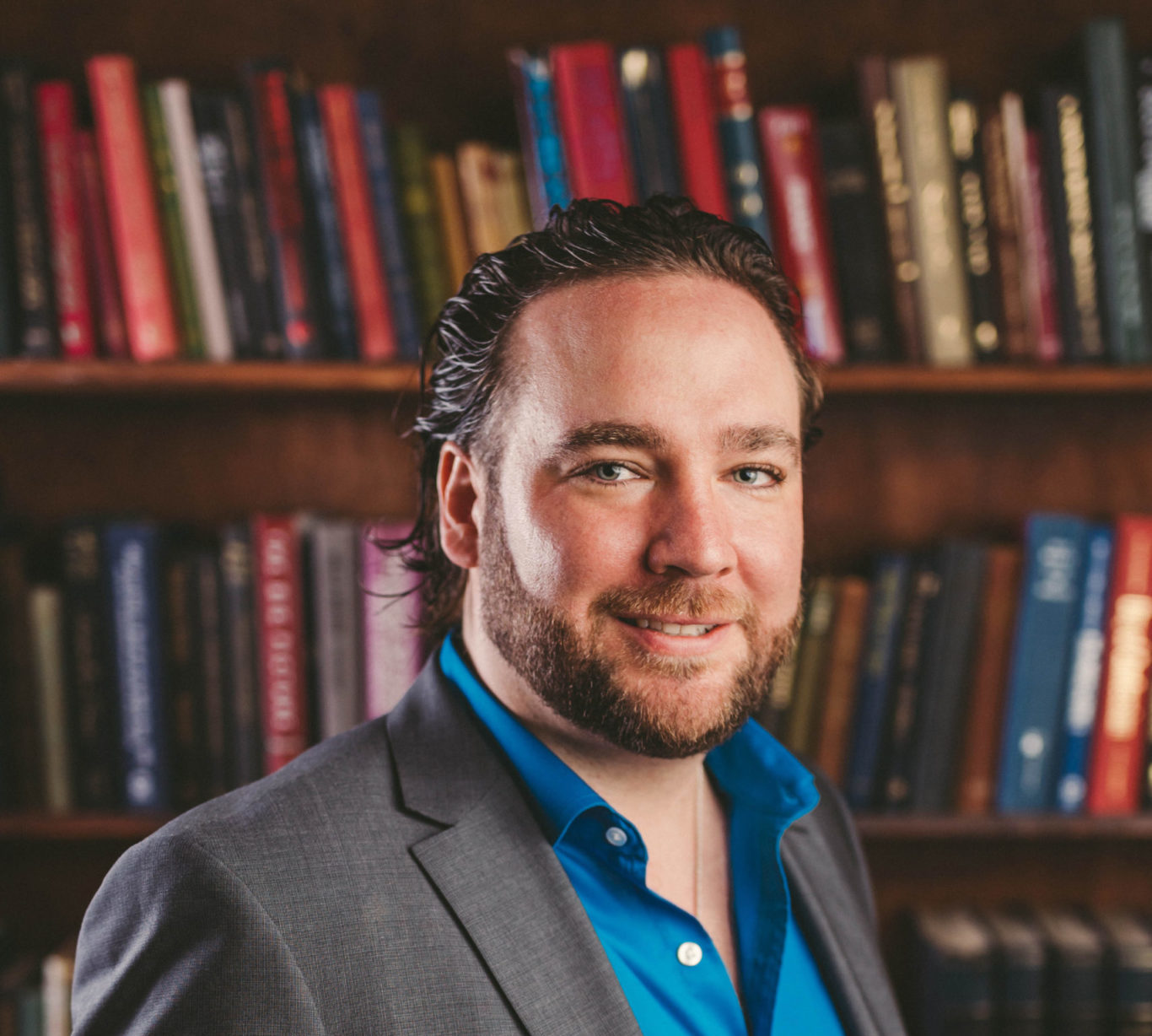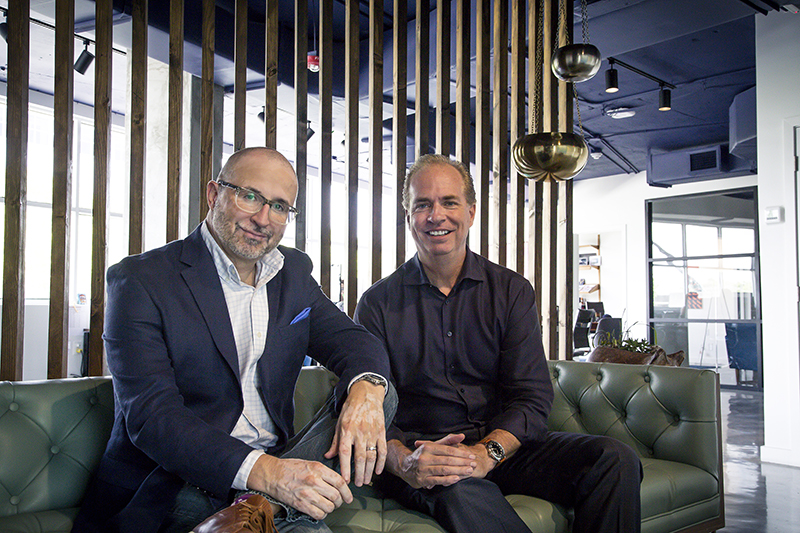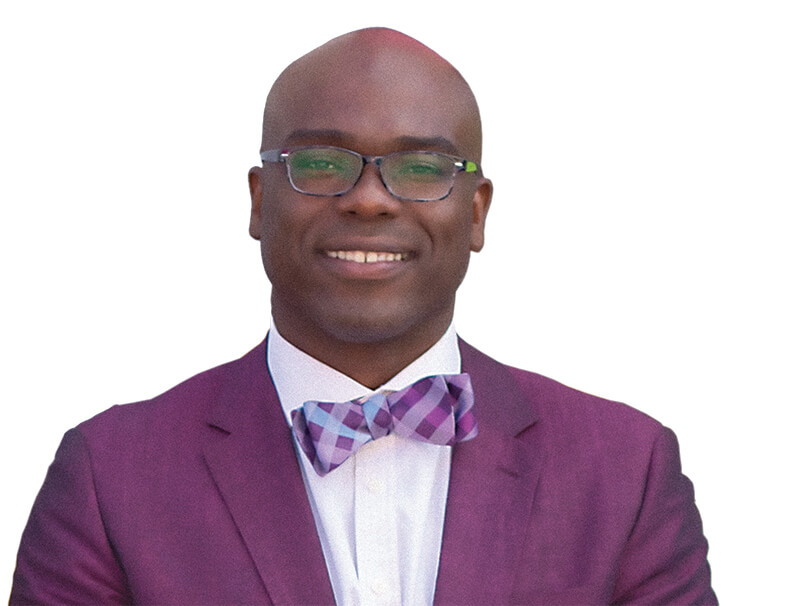You might call Bianca Diosdado a unicorn hunter – always seeking unique, coveted talent in the field of technology.
Not only is finding candidates a competitive process, but there is the added challenge of making sure there’s a good cultural fit between candidates and organizations. There’s also an increasing demand for technology workers to be big-picture thinkers that can drive an organization’s success.
Diosdado practices her art as vice president for information technology recruitment and staffing at Octagon Technology Staffing/Professional Recruiting/Executive Search, which has offices in Fort Lauderdale, Boca Raton and Miami. She climbed the ranks from recruiter, to senior recruiter, to director of IT recruiting and staffing. She now leads the technology practice at Octagon, finding clients for application development, business analysis, project management, database management, data science, marketing analytics and telecommunications, to name a few. She is a board member of the South Florida Digital Alliance and a member of Women in Technology International. She is an advisory board member for reKode, which teaches kids the fundamentals of coding; Geeki Girl Gatherings, which inspires girls with full-day conferences and festivals; and SMA South Florida, a subchapter of the Society for Human Resource Management (SHRM).
In a Q&A with SFBW, Diosdado gives insight into trends in South Florida IT and what employers are seeking. She also explains how employers and job seekers can best succeed in their searches.
What are some of the trends you are seeing in IT?
I’m seeing more and more that organizations are looking at IT as a strategic partner as opposed to a cost center. Many of the technical requirements we receive are from various business units – marketing, finance and accounting, for example. Companies are now looking for people that are not as siloed; instead, they are looking for technical resources that enjoy working on multiple projects at once, those that have good analytical skills and see the big picture but can also drill down into the details. Data is king. If you find an engineer that actually analyzes the data and creates cutting-edge solutions to streamline processes, you’re golden. Coding, whether you are a financial analyst, an accountant or even a system administrator, will soon enough be the standard; in today’s market, it’s one of the most sought-after skills that separates the good from great.
What’s underlying the trend in seeking strategic thinkers?
The demand and growth in technology is driving a lot of the change. It’s happening so fast that businesses have to keep up. Companies look for professionals that are strategic, tactical, work well in ambiguity and don’t just go by what’s written in a job description. There is a big difference between an engineer and a developer, and depending on who you’re talking to, you’ll get a different definition for a strategic partner. The demand is what’s driving that change in expectations on the business side. It screams opportunity for technical talent that is looking for growth and a fast increase in market value.
Can you talk about the talent pool in the region and how it may be different when you are doing executive search vs. middle management or technology staffing?
In contract staffing and professional recruiting, when it comes to engineers, everybody is looking for that unicorn because engineers have the power to build technology solutions that have an impact on the top and bottom lines of companies. We’re living in an age where – even at the executive level – organizations need senior management that is hands-on and can architect those solutions by defining the road map. These individuals have a keen ability to mentor and help their teams acquire those soft skills that really make a difference in building the best, most cutting-edge solutions for the long-term strategy of the organization.
Even those technology professionals that specialize in other areas, such as business analysis, project management and network services, need to be able to understand the big picture and have the technical acumen to problem-solve and troubleshoot to align themselves with the overall goals of the organization.
I don’t see contractors any differently than direct-hire candidates. It’s a tight market and it all comes down to career strategy. Sometimes it makes sense to take a contract job to gain experience more quickly and have access to some of the most exciting projects. That being said, it’s all about fit.
The tech scene in South Florida seems to be getting a lot more buzz these days, as symbolized by eMerge Americas and an array of incubators. What’s your perspective on where we are?
We’re definitely a tech ecosystem that is blooming. There are a lot of reasons why companies want to set up shop in South Florida. While we certainly have the talent, the cost of living and taxes are much lower than other markets like Silicon Valley and New York. There’s just so much opportunity here, it can be overwhelming how great it is.
For social events, it’s hard to decide where to go many nights. Between users groups, meetups and events hosted or funded by organizations like Refresh Miami and the Knight Foundation, it’s easy to fill up your calendar and attend at some of the coolest hot spots.
A common complaint by many tech leaders is that they have to recruit talent from out of the area more than they’d like. Is this changing?
I think there’s a void in the market for technical recruiters that speak the hiring manager’s language and can function as an extended part of their talent acquisition team. That’s the void that we fill. When we speak with local talent, they continually tell us we are a breath of fresh air. If we do have to step outside of the local market, more often than not, it’s an easy sell. Relocation assistance is hardly ever a deal breaker if the client can’t provide it.
The technology projects and clients that we work with encompass the types of opportunities that tech professionals want to hear about.
What are the steps you take to make sure the candidate and organization are a good fit?
We take a long-term business relationship approach in creating these connections with top talent. When we meet with people, we are very thorough in asking technical questions, the type of projects they want to work on and the type of organizations they would like to be a part of. Just because someone has the skills doesn’t mean they are going to be a good fit for a particular team. Taking a more proactive approach to understanding what motivates them really helps us best understand the types of jobs or contract opportunities that will help take their career to the next level.
What’s a typical day like for you?
First and foremost, I’m a technology recruiter. I wear a lot of hats – I’m involved in sales and business development as well as hiring, training and managing a powerhouse team to service our clients across the South Florida market. I live and breathe technology and love recruiting to help clients build the best of the best teams.
At Octagon, it’s less about politics and more about being strategic partners with our clients and presenting amazing opportunities to top talent. That’s really what drives me and gets me excited. Having access to the South Florida market and working with so many organizations of different sizes and across different industries allows us to watch the trends happen in real time. Discussing technology and analyzing requirements with clients and candidates alike on a day-to-day basis is more of a passion than a job.
Where do employers often go wrong in the quest to find talent?
Focusing too much on the technical requirements in a written job description. Whether a senior, midlevel or junior developer is qualified is relative. For example, a candidate with three to five years experience may be more senior in their ability to think critically and build solutions than someone who has been a programmer for 15-plus years. Staying on top of the latest and greatest technologies is key. Even for contract staffing opportunities, it’s very important to hire the right person as opposed to somebody who only looks good on paper. I like to joke sometimes about “perfect” resumes; it’s like love at first sight, it doesn’t exist.
What coaching or advice do you give to candidates to help them best succeed?
The most important advice I can give is to network, network, network. A lot of what I learned in tech and what keeps me up to date is from attending the local user group events. Those are really the best places to get acquainted with the latest and greatest technologies and to attain the most in-demand skills that employers are looking for. Even college students that don’t have a lot of professional experience but have academic knowledge should network and go to local meetups to gain those practical skills. This increases their market value and their probability of landing an exciting job. ?














